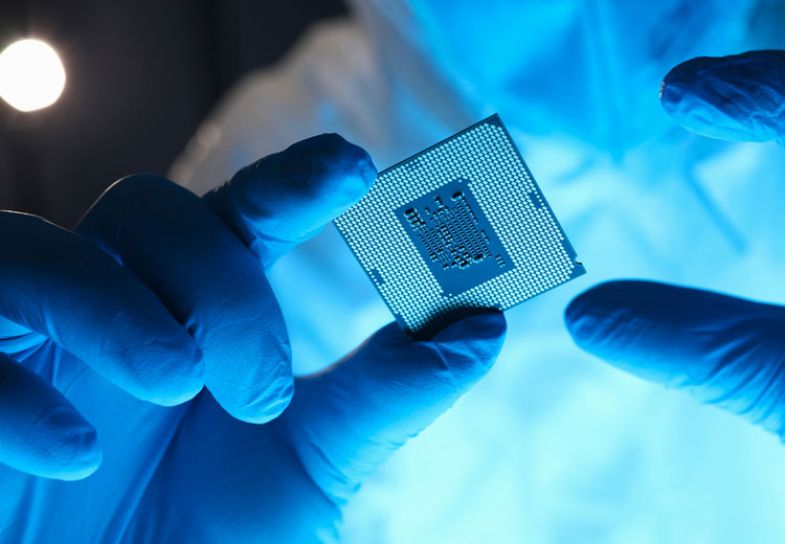
The Research Center for Advanced Materials aims to develop applied technologies that can be turned into products
Applied science is at the heart of King Khalid University’s Research Center for Advanced Materials, says its director, Professor Hamed Al Ghramh. “The outcome of any research we do should be a product,” says Professor Ghramh.
As part of Saudi Arabia’s Vision 2030, the kingdom is working to shift from its reliance on fossil fuels to a knowledge-based economy. To do this, the country is foregrounding research and innovation to bolster economic development. Already the largest economy in the Arab region, Saudi Arabia plans to leverage its scientific expertise to diversify and boost its wealth. Through its National Science, Technology and Innovation Plan, the country is working to localise and develop advanced technologies.
The Research Center for Advanced Materials at King Khalid University works to respond to the needs of the country and its citizens, says Professor Ghramh. When the Covid-19 pandemic began sweeping the world, the centre turned its attention to the novel coronavirus that causes the respiratory disease.
Along with colleague Professor Essam Ibrahim, Professor Ghramh developed a device that detects whether people are infected with Covid-19 by identifying the presence of viral antibodies in biological samples. “It will be good for remote areas that cannot do nasal swabs and do not have PCR machines [to test these biological samples],” says Dr Ibrahim. The test, which costs as little as US$2 (£1.43), takes about three minutes to complete, he says, adding that the centre has a patent pending to protect this intellectual property.
This is the latest of many technological developments the centre is working on. Before Covid-19 struck, it had already been working to develop vaccines – using recombinant protein subunit vaccines – for human diseases such as tetanus and hepatitis B, as well as animal diseases such as Rift Valley fever. The human vaccines are ready for clinical trials, Professor Ghramh says.
Another project is looking to the natural world to develop new drugs. Researchers from the centre recently published a paper in the Arabian Journal of Chemistry on the anti-cancer properties of Abutilon pakistanicum, a shrub found in Pakistan and used to treat a variety of ailments.
While the centre is known for its biomedical expertise and collaboration with the university’s medical school, it also works with many other faculties at King Khalid University, including its biology, chemistry, physics and engineering departments. In the past three years, the centre has published more than 600 papers in internationally recognised journals, with four patents protecting its research.
One of the centre’s major research areas is electronics. Using nanoparticles, researchers have improved the efficiency of semiconductors, which are vital components in the electronics that power computers and allow solar cells to transform the sun’s energy into electricity. “It is a new technology and an improvement on existing semiconductors,” says Professor Ghramh.
Researchers are also looking for ways to improve the efficiency of renewable energy technologies. Although the country relies heavily on oil and fossil fuels, it is working to diversify its economy and energy mix as part of the Vision 2030 strategy. While the country has abundant oil reserves, it also has a vast solar resource, with about 3,400 hours of sunshine a year.
The centre’s environmental research extends beyond energy. Scientists have developed a method to treat wastewater so it can be reused in the forestry and agriculture sectors. Another project uses nanoparticles to remove heavy metals, specifically the carcinogen hexavalent chromium, from water and soil.
Going forward, the centre will continue to focus on research that can be applied in the real world. “Any work, any project, should have an investment focus,” says Professor Ghramh.
Find out more about King Khalid University.



